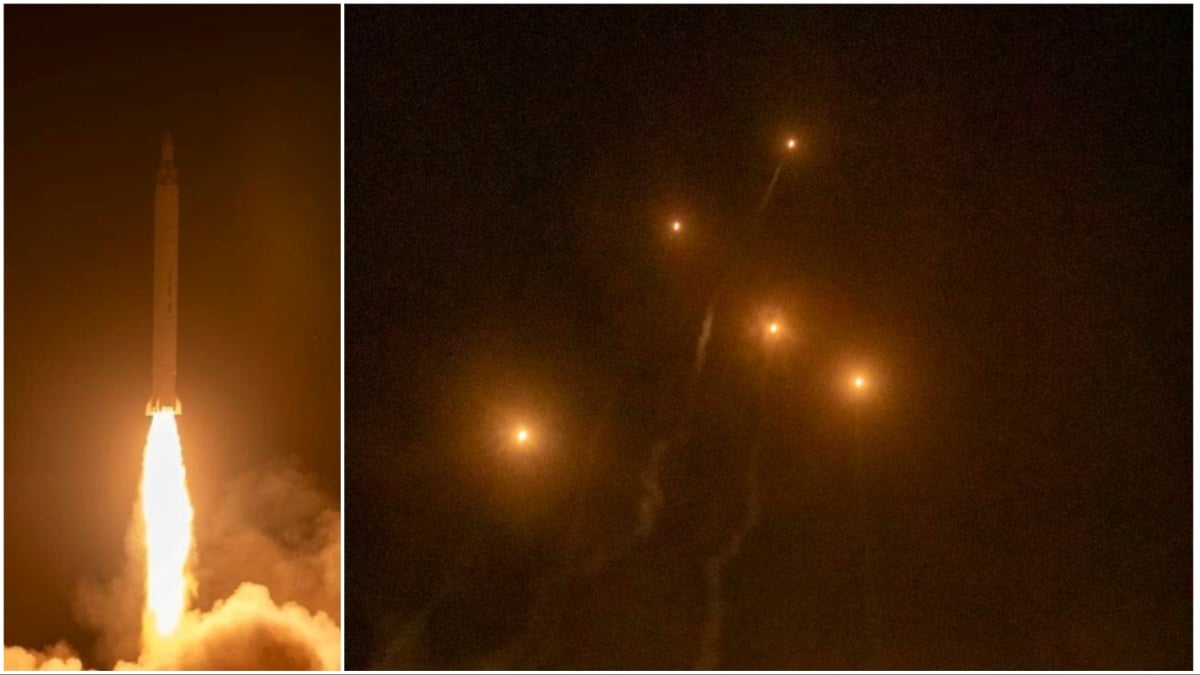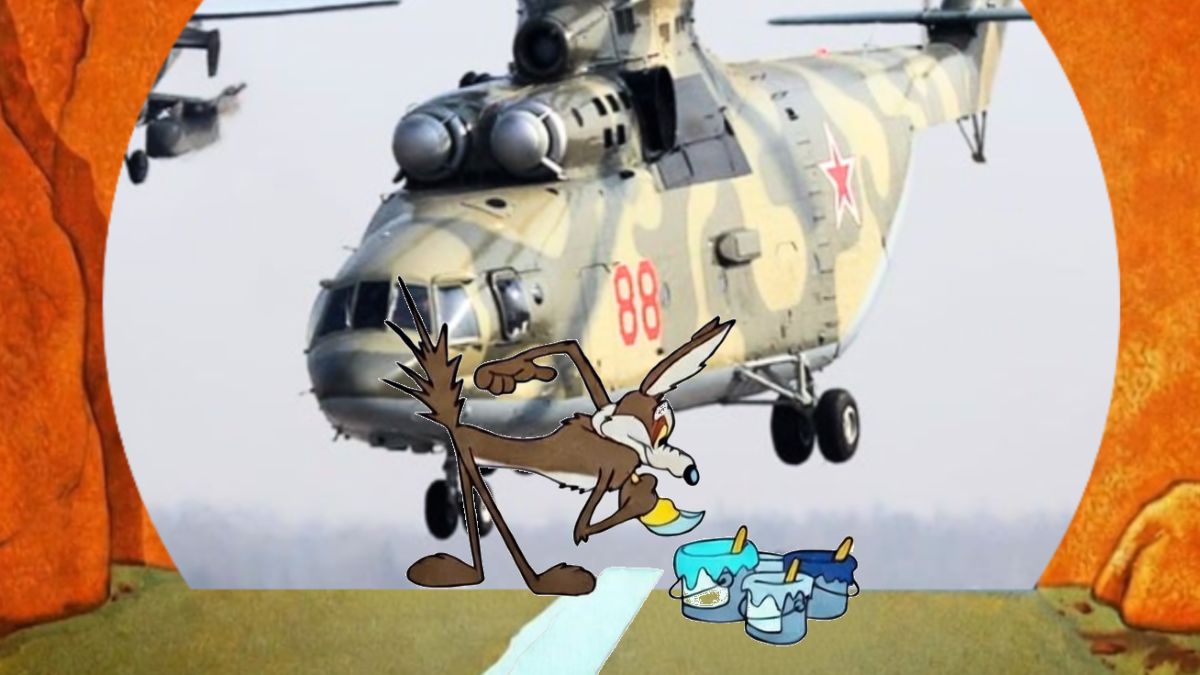Early evening today (1 October, 2024) local time, the Islamic Revolutionary Guard Corps of Iran launched hundreds of ballistic missiles at targets in Israel, further escalating tensions between the two countries in the war-embroiled Middle East.
Following the killing of Ismail Haniyeh, the leader of Hamas, in Tehran, the Islamic Republic vowed vengeance against Israel. At the same time, the guerilla conflict between Israel and Hezbollah, the Iranian-backed militant group from Lebanon, reached an all-time apex, which resulted in the former carrying out numerous attacks in Beirut and killing the organization’s secretary general, Hassan Nasrallah.
During the same attack, a senior officer of the Revolutionary Corps, Abbas Nilforoushan, was also assassinated, causing further outrage in the country. According to a previous report, Iran had called off its retaliatory strike in hopes of a ceasefire in Gaza, but with the death of Hassan Nasrallah, that restraint was off the table. The Pentagon announced earlier today that an Iranian missile attack was imminent, but has the attack already taken place?
Did Iran launch a missile attack on Israel?
Both the United States and IDF have confirmed that dozens of ballistic rockets were fired at Israel earlier this evening local time, and now X and other social media are being flooded with clips of the missiles flying over the sky and even hitting targets inside Israeli soil.
Here are some of the video clips circulating on the internet.
For some reason, it seems like the Israeli Iron Dome failed to intercept many of the missiles. IDF has yet to make a statement addressing this.
An Israeli official told CNN that the regime will carry out a “significant response” to the attack. “We have plans, and we will operate at the place and time we decide,” they said. The IDF confirmed that some 180 ballistic rockets were fired at targets within Israeli soil, but maintained it’s “not final, and an initial estimate.”
Iran, meanwhile, maintains that the attack was carried out in accordance to international law. “This operation was carried out within the framework of the right of legitimate defense and according to international laws,” said a Revolutionary Corps spokesperson to Iran’s state media, Mehr.
What does this attack mean for the future of the Middle East?
The entire region has been flirting with a humanitarian disaster for nearly a year now. More than 45,000 civilians have been killed in the Gaza Strip per Palestinian officials, while many hundreds of people have also perished in Lebanon following Israel’s air strikes on Beirut over the past two weeks. Now, with Iran joining the fore and Israel poised to retaliate against today’s attack, a larger regional conflict between the two countries and their proxies seems inevitable unless international bodies attempt to de-escalate the situation in a meaningful way.










Published: Oct 1, 2024 03:20 pm